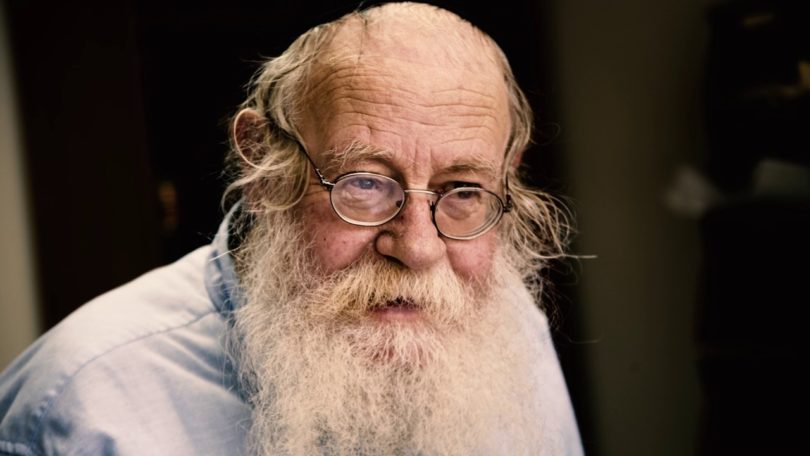There are many people today, and there certainly were many more in the past, who have a kind of instinctive comprehension of certain problems–be it building, with stone, wood, or iron, or working, with people, animals, machines, or plants.
There are huge structures still standing, like cathedrals, which were built by people who did not know how to read or write and certainly had none of the mathematical expertise so essential today for putting up buildings of that size.
Those who built such structures, however, had this inner comprehension of the material they used.
They knew how much stress a wall could take and how it would stand up to time.
Even when mistakes are made by such inner understanding, it is not a matter of miscalculation, nor of introducing personal wishes into the matter.
So too is the study of Torah.
If one introduces the egotistical self into the study of Torah, it ceases to be the Torah of God and becomes one’s own Torah.
This, of course, is quite worthless–no matter how much intellect or brilliance is poured into it–it tends to become mere speculation.
This brings us to the only requisite stance to be taken before the study of Torah–awe–which comes from realizing its Divine essence, that it is beyond anything else in the world.
Of this particular awe it has been said, “Without wisdom, there is no awe (fear) of God.”
On the other hand, it has also been said, “Without awe, there is no wisdom.”
The point is that without a certain amount of fear and trembling before its sanctity, it is impossible to study Torah.
If one approaches it any other way, it is no longer Torah.
Whereas only if one does study Torah, no matter on what level, is one able to acquire wisdom.
And upon the acquisition of a degree of wisdom comes a higher level of awe, the fear and trembling of a person who knows enough to be afraid of Torah.
–Rabbi Adin Steinsaltz

